
Undetectable: On the road to a HIV-free generation
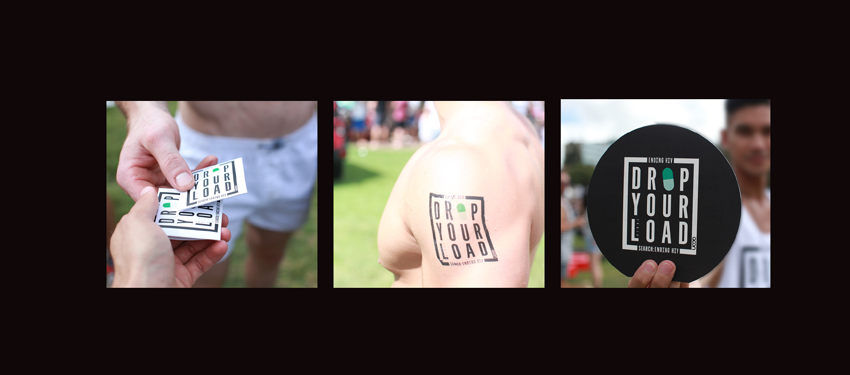
FOR 27-year-old HIV-positive man Ben, commencing treatment has been a complete life-changer.
Especially after he experienced anxiety, stress and fear that saw the loss of friends, a relationship and his confidence.
“I initially feared that HIV would ruin my life and I felt as if countless anticipated future experiences were taken away from me in a single shocking moment,” he said.
“On the night of my diagnosis, that fear was so overwhelming that my mind couldn’t accept reality and I felt stuck in a surreal dream that wouldn’t end.
“I only accepted the reality of the situation at 3am that morning as I stared down to the street off a six-story plaza contemplating whether I needed to jump and fall to end the dream.
“After some research that week, I soon learned my fear was unfounded and I could still live a long happy and healthy life.”
Hearing about how far HIV treatment has come over the years also gave Ben hope.
“I feel so lucky to be living in 2015. The zero transmission studies are truly incredible,” he said.
“My mind has been blown many times the past six months, but one of the most pivotal moments was when a new friend told me the shocking truth that it’s statistically safer for a negative guy to have sex with a positive partner controlling his viral load than a partner who thinks he is negative but isn’t certain.”
With one of ACON’s most recognisable sexual health campaigns about to enter its next phase, Ben is bound to feel more hopeful about his future as a HIV-positive man.
Ending HIV, which has also been one of ACON’s most successful education programs in its 30 years of existence, will now focus on raising awareness about the current state of HIV treatment, and where the gay community stands and its relationship to the virus.
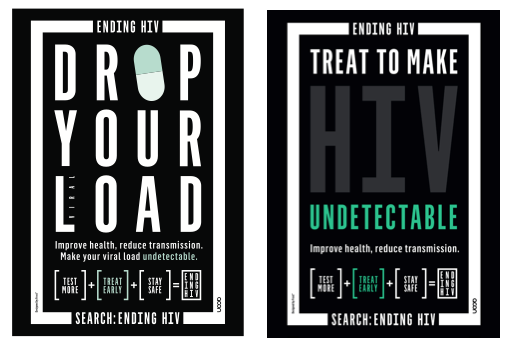
“ACON has a very long history of campaign work… and some of our campaigns, particularly from the early days, really set a benchmark in health promotion,” ACON chief executive Nicolas Parkhill said.
“I think Ending HIV has engaged gay men because we changed the format so it’s not just one standalone campaign followed by another, it is a creating a new narrative.
“It’s actually created an imagery and iconography and tone that we’ve repeated in different phases over and over again.”
Specifically, the next phase of the Ending HIV campaign deals with the idea of treatment as prevention — where current medications and treatments are used to control and ideally lead to the ultimate elimination of HIV.
Its key message is about the proven efficacy of treatment on transmission for gay sex. Recent research in the PARTNER study has shown that if a HIV-positive partner is on treatment and has an undetectable viral load, depending on the nature of sexual activity, the chances of HIV transmission is as low as one per cent and in the worst case, as high as four per cent.
In other words, the transmission risk could be as high as four per cent if the HIV-positive partner on treatment with an undetectable viral load is the “top”, and one per cent if he’s the “bottom”.
While this information derives from the initial results of the 2014 European PARTNER study, it proves that a lot has changed when it comes to the effect of treatment on transmission risk. Further results from the study are also due in the next year or two.
Other messages from the Ending HIV campaign include how treatment today is much easier to take, has a much lower risk of side effects, is much more effective at controlling HIV while keeping the immune system healthy, and also greatly reduces the risk of developing health conditions associated with HIV.
However, given how HIV historically used to be treated with medications that Parkhill described as “misses” or with some “really bad side-effects”, he said it was understandable that some gay men would still be hesitant.
Ben admitted he was one of those people.
“My preconceived perception of treatment was that it was only sometimes effective and often came coupled with some terrible side effects that were likely to ruin my quality of life,” he said.
“I associated positive guys with gaunt faces and unnatural bodies. It took a lot of online research and meeting some positive guys to understand that my preconceived perceptions were incorrect.”
A meeting with a counsellor the day after his diagnosis also played a role in changing his views on HIV treatment.
“I overwhelmingly wanted to begin treatment so that I could be certain my immune system would be protected and (hopefully) my viral load would become undetectable and I wouldn’t pose a risk to others,” Ben recalled.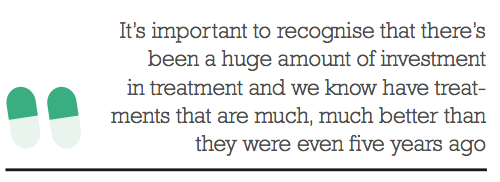
For Chris Bourne, the head of the NSW STI Programs Unit and Conjoint Associate Professor at the University of NSW’s Kirby Institute, having treatment come so far means a lot.
“Multiple daily doses of one, ineffective and toxic drug in the 1990s to today’s single daily dose of three highly effective drugs combined into one pill is remarkable progress,” he said.
“It has been literally life-changing for people with HIV and the community.”
Parkhill added that in the early days, a lot of people would never have imagined this was possible.
“To be at a stage where positive guys are having the same life expectancy of negative men, it’s astonishing,” he said.
“It’s important to recognise that there’s been a huge amount of investment in treatment and we now have treatments that are much, much better than they were even five years ago.”
Bourne added that like technology, current knowledge and research into HIV is being updated so regularly that it’s vital to stay informed.
“HIV treatment is a rapidly-moving field. Last year’s information is already out of date. There will be a well-tolerated HIV treatment to suit you. Like all medical treatment, being ready to start and supported when you do improves effectiveness,” he said.
For Ben, starting treatment has given him a lot more control over his life, his ability to form relationships and also a much-needed boost to his sense of self-worth and esteem.
He also said newly-diagnosed HIV-positive men should take treatment as soon as possible, but highlighted the need to achieve the right balance between taking the medication for their own good and taking it to help end the epidemic.
“Having said that, commencing treatment is always a personal choice and people can have reasons for delaying,” he said.
“For me, I’ve found that commencing treatment has allowed me to get on with life and not be anxious about health uncertainties and future possibilities relating to my immune system health and HIV progression.
“Most importantly though, commencing treatment early gives many guys the incredible gift of reducing viral load to undetectable levels.
“Achieving an undetectable status lifts a huge weight off your shoulders because you’re not worrying so much about passing the virus to a negative partner — this really helps shake off the common stigma of shame and dirtiness.”
For further information, visit endinghiv.org.au





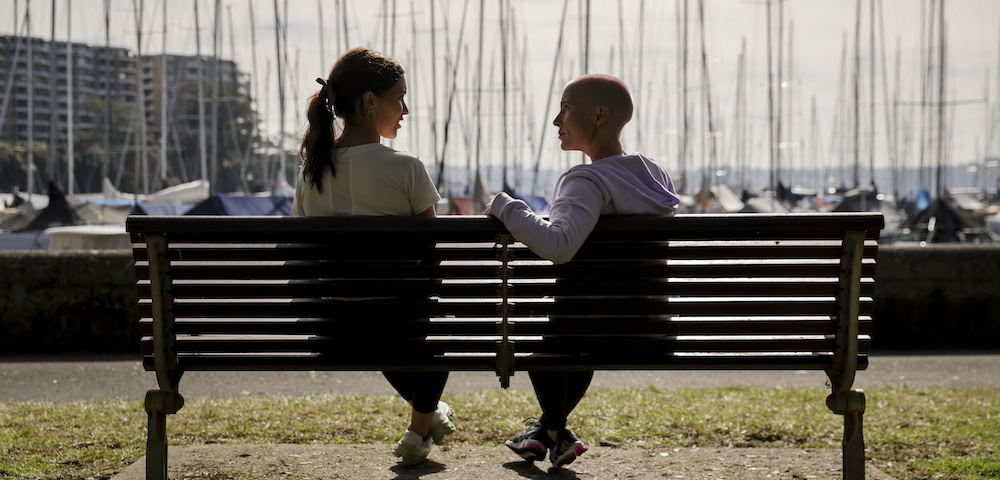

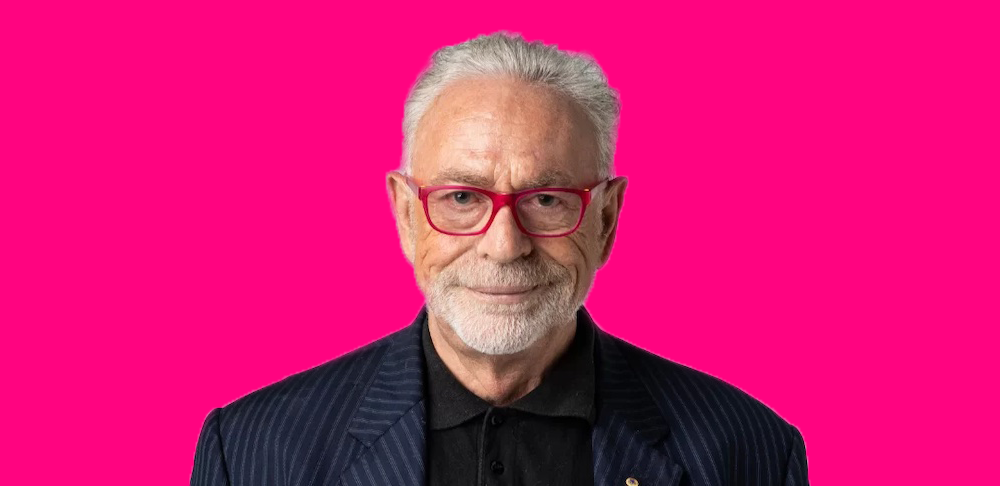


Random freebies indeed I will pass your comments on to all 150,plus clients some with dementia some damages emotional physically spiritually
What about long-term survivors? Being ignored and cutting services no morning breakfast no massage no acupuncture and now our once a week Friday lunch will disappear shame shame Acon shame we should be celebrating survival and teaching others how to cope shame!!!!